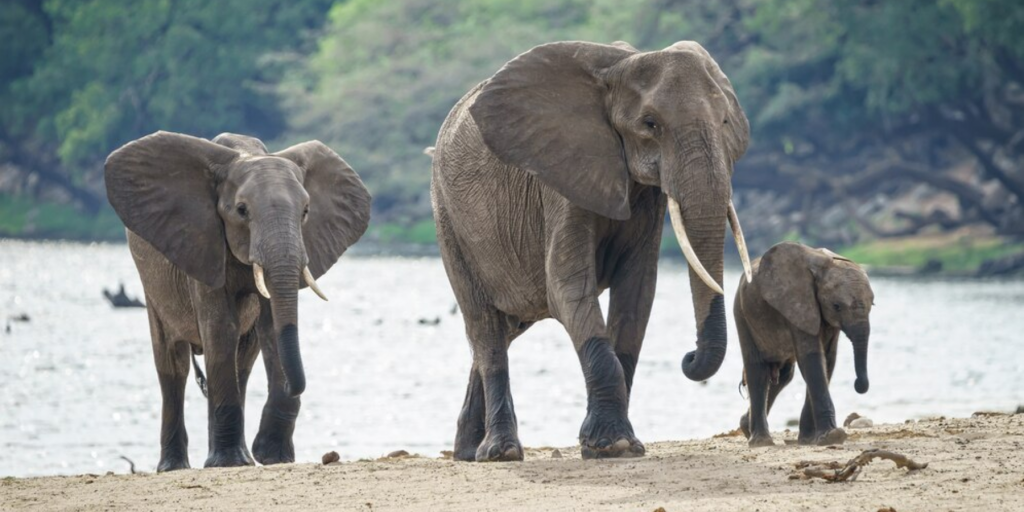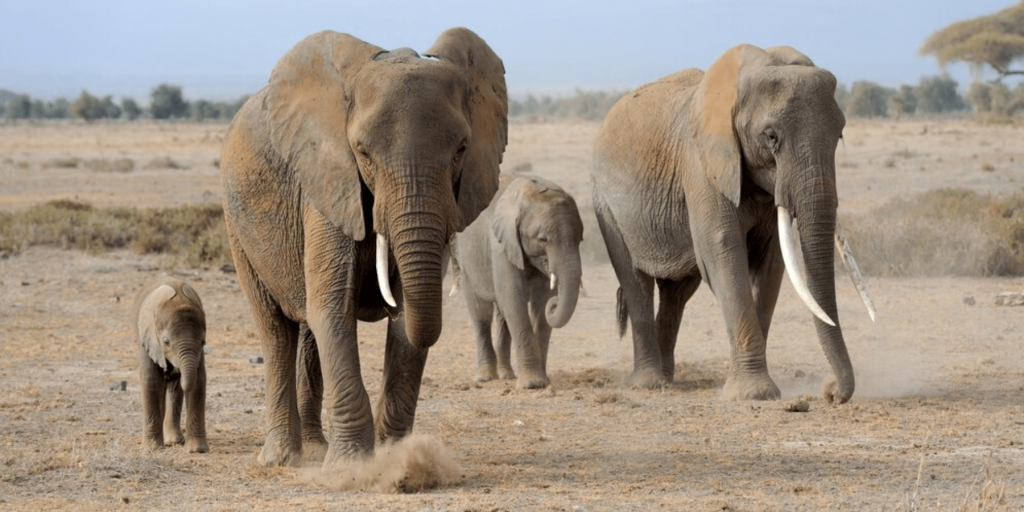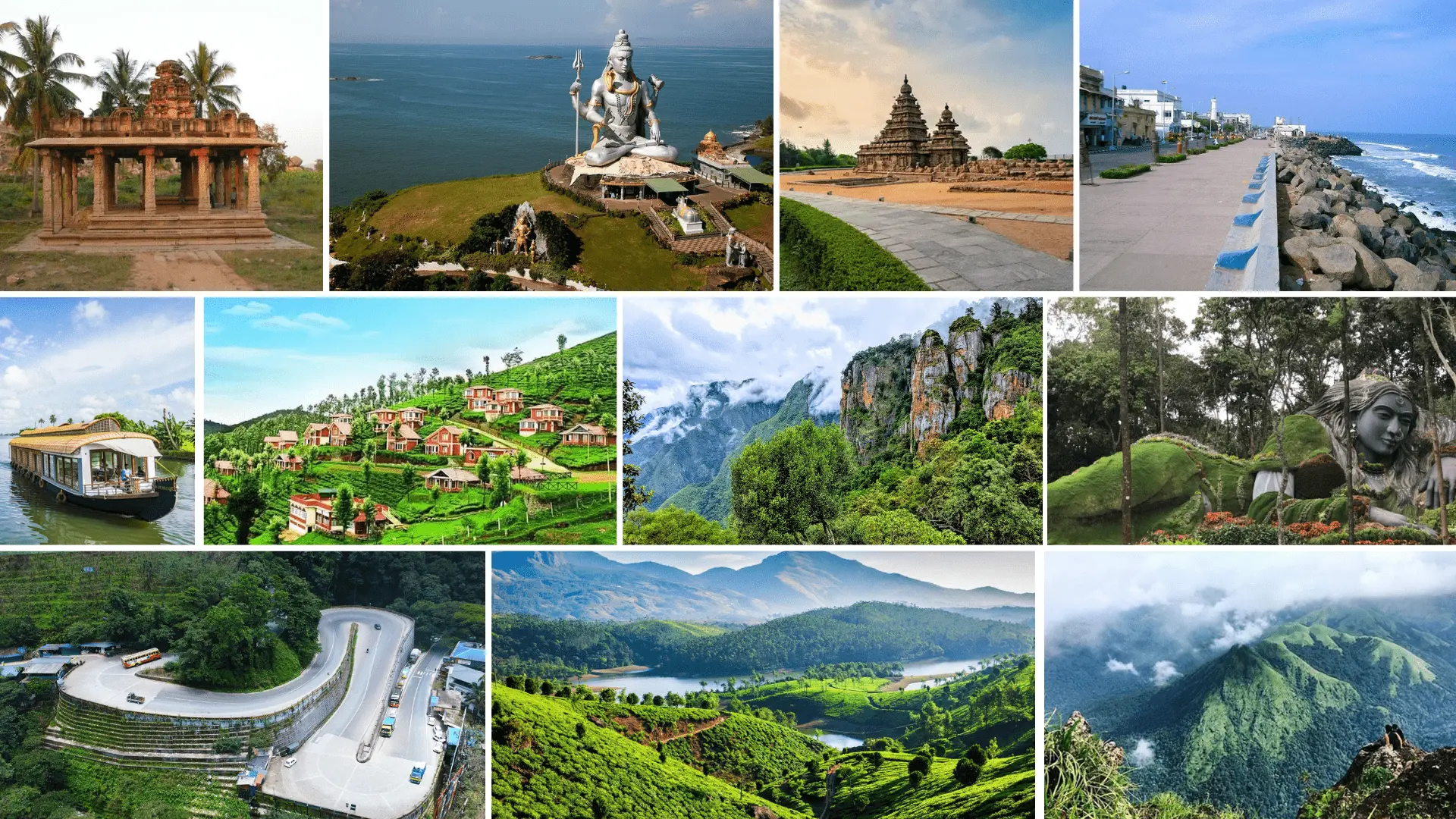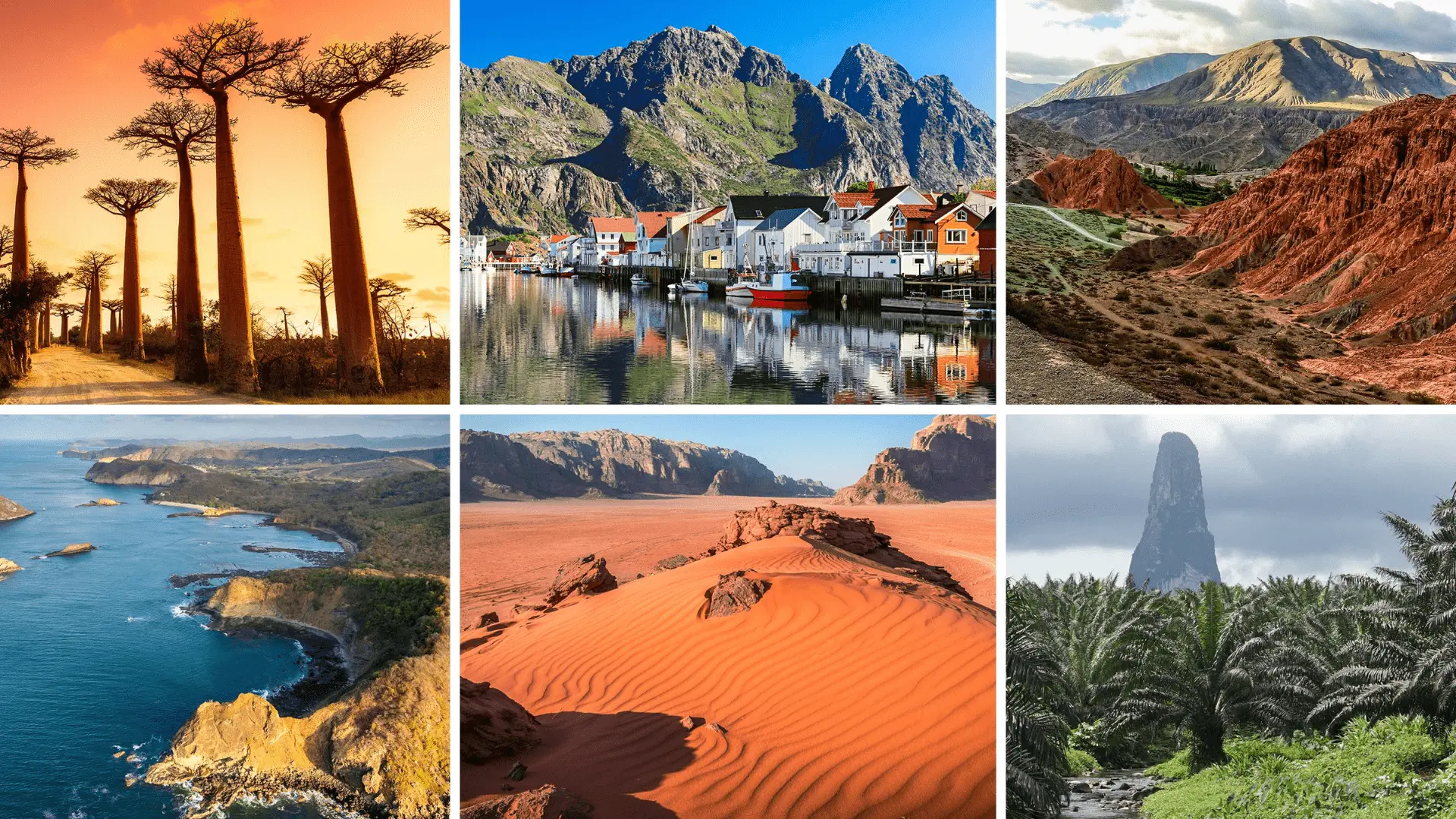Elephant safaris have long been an iconic experience in Kaziranga National Park, immersing visitors in the breathtaking beauty of Assam’s wildlife. However, recent developments have led to the indefinite suspension of this cherished activity, leaving both tourists and conservationists concerned. Let’s delve into the details to understand the reasons behind this unexpected decision and its implications.
Kaziranga National Park, a UNESCO World Heritage Site, is renowned for its rich biodiversity, including the one-horned rhinoceros and Bengal tigers. Among the many attractions, the elephant safari has been a unique and popular way for visitors to explore the park’s wilderness.
Importance of Elephant Safari in Kaziranga National Park
The elephant safari offered a distinct vantage point, allowing tourists to witness the wildlife in their natural habitat. It provided an immersive experience, fostering a deeper connection with nature and wildlife conservation efforts.
Reasons Behind the Suspension

Conservation Concerns
The primary reason behind halting elephant safaris is rooted in conservation efforts. The park authorities aim to minimize human interference, providing a more sustainable environment for the diverse flora and fauna.
Safety Issues
Recent incidents involving wild elephants prompted safety concerns, necessitating a reassessment of the protocols for conducting elephant safaris. The welfare of both wildlife and visitors is a top priority for park management.
Impact on Tourism
The suspension raises questions about the potential decline in tourism, impacting the local economy and businesses dependent on the influx of visitors. Striking a balance between conservation and tourism becomes crucial for sustainable practices.
Measures Taken by Authorities
Alternative Safari Options
To address the void left by the suspension, park authorities are introducing alternative safari options, such as jeep safaris and river cruises. These alternatives aim to provide visitors with equally captivating experiences while ensuring wildlife safety.
Conservation Initiatives
Simultaneously, the park management is intensifying conservation initiatives, including habitat preservation, anti-poaching measures, and community involvement, to mitigate the impact of suspending elephant safaris.
Public Reaction
The public response to this decision has been mixed, with some supporting the conservation rationale, while others express disappointment over the loss of a cherished experience. Understanding and balancing these perspectives are crucial for future decisions.
Historical Significance of Elephant Safari
Delving into the history of elephant safaris in Kaziranga adds a cultural dimension to the discussion. Exploring how this tradition evolved over time provides context to the significance attached to it.
Comparison with Other National Parks

Comparing Kaziranga’s decision with other national parks that have or haven’t suspended elephant safaris sheds light on different approaches to wildlife tourism and conservation.
Expert Opinions on the Suspension
Insights from wildlife experts and conservationists provide valuable perspectives on whether the suspension is a necessary sacrifice for the greater good of the ecosystem.
Government’s Role in Wildlife Conservation
Analyzing the role of the government in wildlife conservation helps to understand the broader policy landscape and the challenges faced in maintaining a delicate balance between tourism and conservation.
Future Prospects
What does the future hold for elephant safaris in Kaziranga? Exploring potential scenarios and the evolution of wildlife tourism in the region provides insights into what to expect.
Challenges in Resuming Elephant Safaris
Identifying the challenges involved in lifting the suspension adds depth to the discussion. Balancing the need for tourism revenue with conservation goals poses intricate challenges.
Global Perspective on Wildlife Tourism
Zooming out to a global perspective, understanding how other countries manage wildlife tourism and conservation can offer valuable lessons and insights.
Conclusion
In conclusion, the suspension of elephant safaris in Kaziranga National Park reflects the delicate dance between conservation and tourism. While challenging, it opens doors to innovative approaches, ensuring a sustainable future for both wildlife and visitors.

























